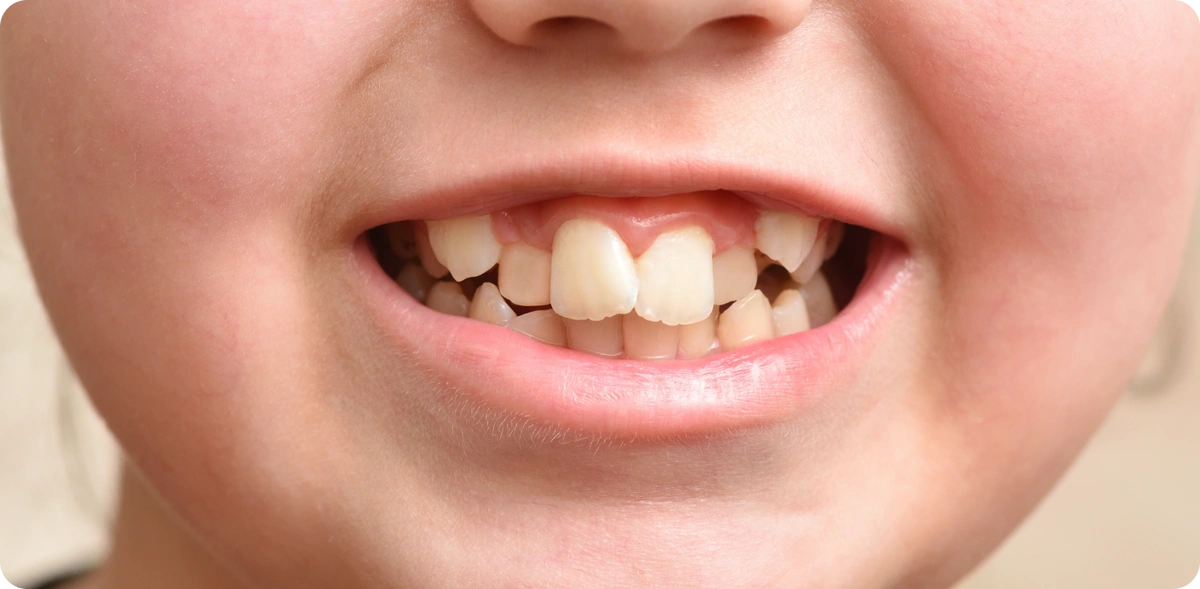The article discusses the relationship between bad habits, mouth breathing, and malocclusion (misalignment of teeth) in the context of craniofacial growth disorders. The study involved 3017 children and employed the ROMA index to assess whether there was a significant connection between bad habits/mouth breathing and malocclusion. The findings indicate that a higher degree of the index corresponds to a greater prevalence of bad habits and mouth breathing, suggesting that these factors are associated with more severe malocclusions. Specifically, bad habits were linked to increased overjet and openbite, while mouth breathing was associated with various malocclusion traits such as overjet, crossbite, and openbite.
The article highlights the importance of early intervention to address these factors to prevent malocclusion and ensure proper physiological growth. Improper oral habits like sucking on pacifiers or fingers and changes in breathing patterns can disrupt the normal growth of teeth and facial structures. The impact of environmental factors such as diet, particularly a trend towards consuming soft foods with reduced chewing forces, is also discussed as contributing to malocclusion. The study emphasizes that bad habits and mouth breathing, when present alongside malocclusion, are significant risk factors that require correction early on.
The study employs the ROMA index to evaluate the association between bad habits, mouth breathing, and malocclusion in school children who were already part of an epidemiological study. The article underscores the need to address these risk factors promptly to ensure proper craniofacial development and prevent potential medical and social issues associated with malocclusion, such as sleep problems and attention deficit disorder.



